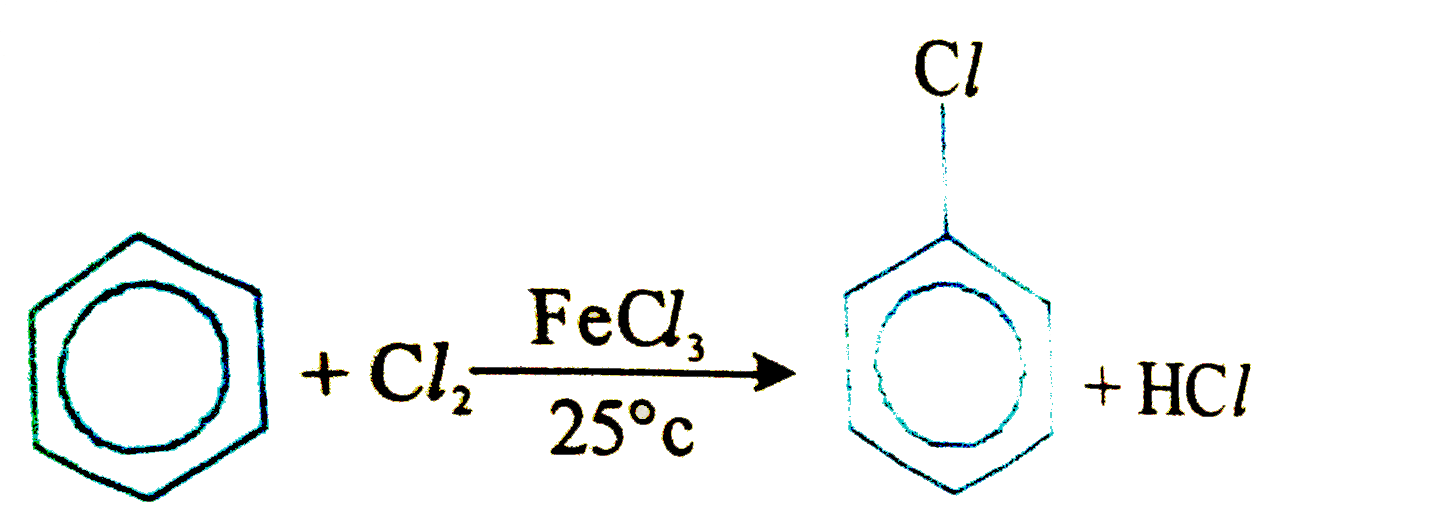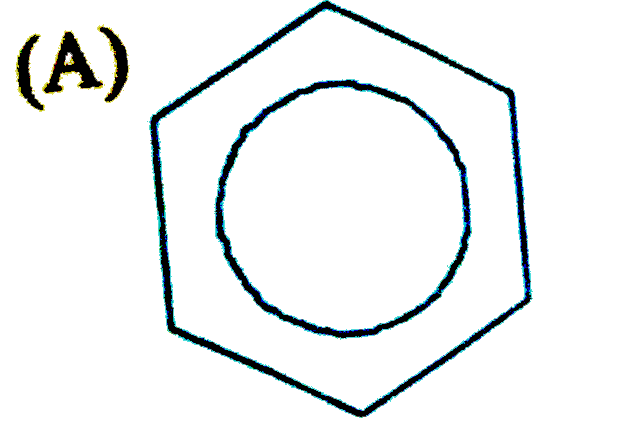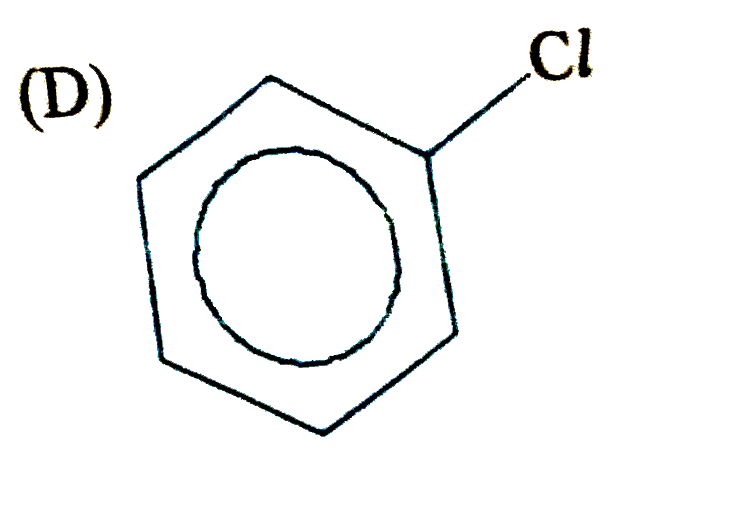The rate of a reaction
increase with increase in temperature
decrease with increase in temperature
does not depend on temperature
does not depend on concentration
The correct Answer is:A
Step-by-Step Solution
1. Understanding Rate of Reaction: The rate of a reaction is defined as the change in concentration of reactants or products per unit time. It is influenced by various factors including concentration, temperature, and the presence of catalysts.
2. Rate Equation: The rate of a reaction can be expressed mathematically as:
Rate=k⋅(A)n
where k is the rate constant, (A) is the concentration of the reactant, and n is the order of the reaction.
3. Effect of Temperature on Rate Constant: According to the Arrhenius equation, the rate constant k is related to temperature T as follows:
k=A⋅e−EaRT
where A is the pre-exponential factor, Ea is the activation energy, R is the universal gas constant, and T is the temperature in Kelvin.
4. Analyzing the Arrhenius Equation: From the Arrhenius equation, we can see that as the temperature T increases, the term −EaRT becomes less negative, which results in an increase in the value of k.
5. Conclusion on Rate of Reaction: Since the rate of reaction is directly proportional to the rate constant k, an increase in temperature leads to an increase in the rate constant k, which in turn increases the rate of the reaction. Therefore, the rate of the reaction increases with an increase in temperature.
6. Final Answer: The correct answer to the question is that the rate of the reaction increases with an increase in temperature.
Rate=k⋅(A)n
where k is the rate constant, (A) is the concentration of the reactant, and n is the order of the reaction.
k=A⋅e−EaRT
where A is the pre-exponential factor, Ea is the activation energy, R is the universal gas constant, and T is the temperature in Kelvin.
Topper's Solved these Questions
- CHEMICAL KINETICS BOOK - NARAYNACHAPTER - CHEMICAL KINETICS EXERCISE - EXERCISE -1 (C.W) (RATE OF REACTION & FACTORS)
14 Videos
- CHEMICAL KINETICS BOOK - NARAYNACHAPTER - CHEMICAL KINETICS EXERCISE - EXERCISE -1 (C.W) (ORDER OF REACTION)
14 Videos
- CHEMICAL KINETICS BOOK - NARAYNACHAPTER - CHEMICAL KINETICS EXERCISE - CHECK YOUR GRASP
14 Videos
- CARBOXYLIC ACIDBOOK - NARAYNACHAPTER - CARBOXYLIC ACIDEXERCISE - All Questions
288 Videos
- CHEMISTRY IN EVERYDAY LIFEBOOK - NARAYNACHAPTER - CHEMISTRY IN EVERYDAY LIFEEXERCISE - ASSERTION & REASON TYPE QUESTIONS
10 Videos
Similar Questions
Knowledge Check
A catalyst increases the rate of the reaction by
Aincreasing EaBincreasing TCdecreasing EaDdecreasing TUnit of rate of a reaction is
Aconcentration time−1Bconcentration−1 timeCconcentration timeDconcentration−1 time−1
The rate of the reaction depends on the concentration ofA BCl2CFeCl3D
BCl2CFeCl3D
The units for rate of a reaction are "
View SolutionWhat is the instantaneous rate of a reaction.
View SolutionThe overall rate of a reaction is governed by :
View SolutionIf the rate of the reaction :

is fastest, then Z is :
View SolutionThe units of rate constant and rate of a reaction are idential for:
View Solution
